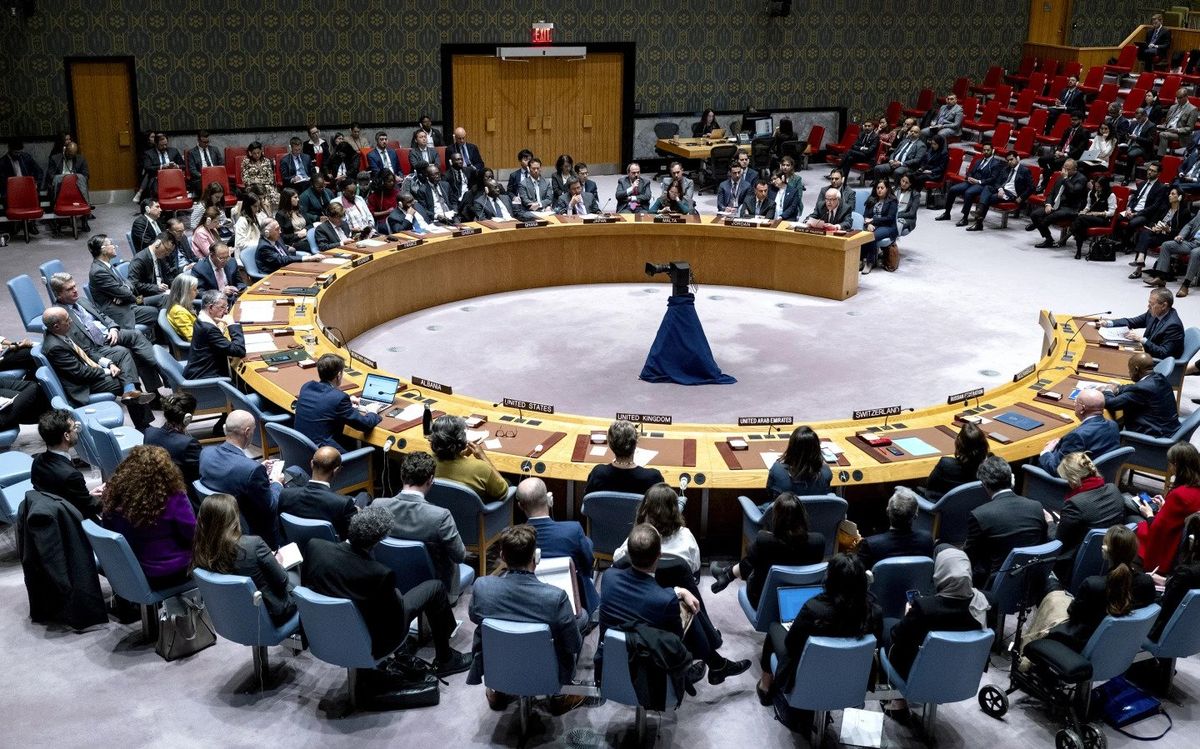BANDUNG, SEATIZENS – One year after the Gaza war, Israeli society is increasingly fractured, with growing political polarization, economic instability, and military tension. Former Israeli government advisor Daniel Levy describes the situation as an “element of decay,” exposing the nation’s fragility. According to activist Miko Peled, the country remains in chaos, with dysfunctional governance and widespread disillusionment.
Prior to the Gaza war, Israeli society was deeply divided over domestic issues, particularly due to protests against Prime Minister Netanyahu’s judicial overhaul. However, after October 7, when Israel launched its war in Gaza, much of the population unified in their stance towards Palestinians, embracing the narrative that the conflict was justified. Israeli media reinforced this perception, but Levy points out that internal fractures remain. He describes how some factions see the war as a path to permanently displacing Palestinians, reflecting ongoing ideological divides within the nation.
Military and Economic Strains

The Israeli military, especially its ground forces, is struggling with urban combat, leaving Gaza devastated. Levy highlights the rising fatigue among Israeli soldiers, with many choosing not to report for duty. Initial support for the war has waned, and more than half of reservists are now reportedly abstaining from service, a response to disillusionment with Israel’s political leadership.
Economically, Israel faces rising inflation, unemployment, and a decline in foreign investment. The country’s main international airport is barely operational, and the closure of Eilat’s port has paralyzed auto imports, further weakening the economy. As a result, many Israelis are seeking opportunities abroad, exacerbating domestic instability.
Global Reputation at Risk

The Gaza war has significantly damaged Israel’s international image. Levy and Peled agree that the brutal conflict, amplified by social media, has led to a global outcry. Israel’s actions in Gaza are now a major topic in international forums, with increased calls for accountability and justice. Furthermore, prospects for normalization with Arab nations have dimmed as the conflict has laid bare the darker aspects of Zionism to the global public.
READ ALSO : Israel Kills Hamas Commander and His Family
The societal, military, and economic tensions, coupled with growing global criticism, show that Israel is facing unprecedented challenges that could shape its future for years to come.
(Firyal Trinidad/)




